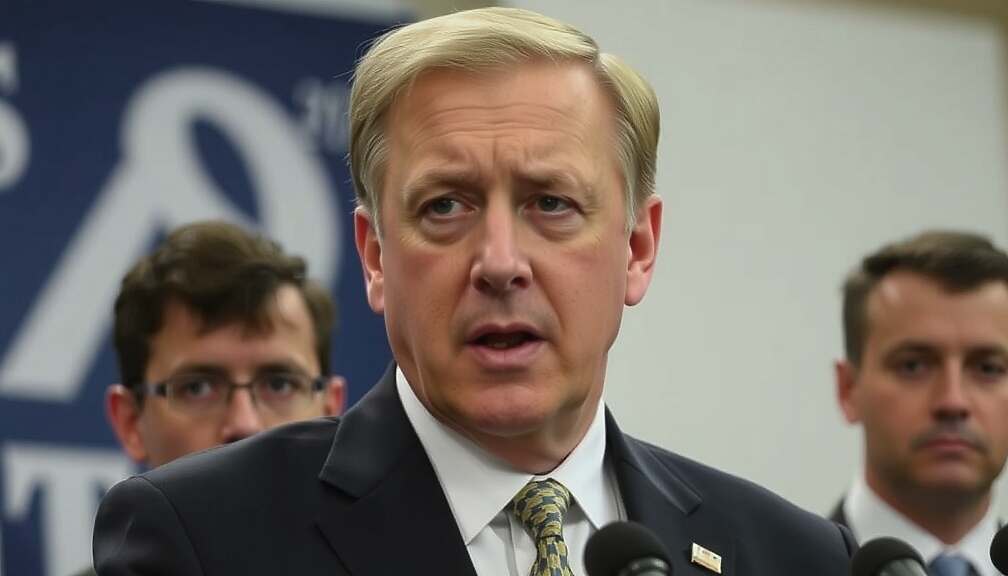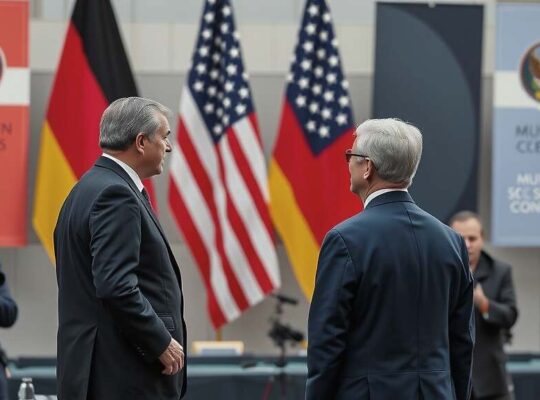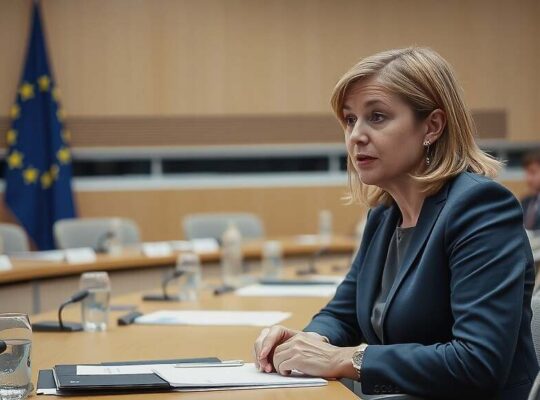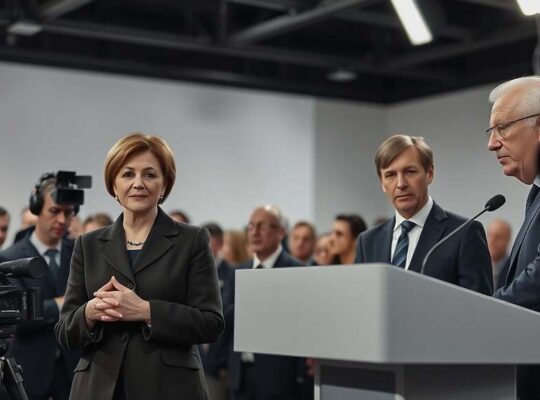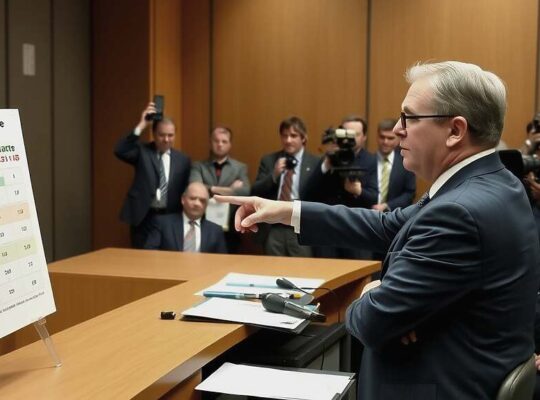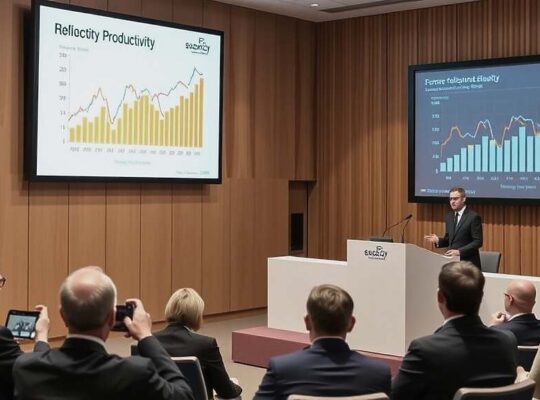Controversy has erupted surrounding statements made by Culture State Minister Wolfram Weimer regarding a ban on gendered language within his department. The move and Weimer’s rationale for it, have drawn criticism from various political figures and cultural organizations.
Sven Lehmann, chairperson of the Bundestag Committee for Culture and Media (Green Party), voiced his disapproval in an interview with the “Rheinische Post”. He stated that if Minister Weimer genuinely values freedom of expression, he should refrain from imposing language restrictions. Lehmann characterized Weimer’s stance as contradictory, noting the disconnect between advocating for uninhibited speech and simultaneously prohibiting gender-inclusive language. He urged the minister to prioritize his core responsibilities as Culture State Minister rather than engaging in what he described as a “culture war” performance.
Janis Ehling, federal managing director of the Left Party, echoed these sentiments, calling on Weimer to abandon his ideological agenda and refocus on supporting artistic and cultural initiatives. He suggested the minister should foster creativity instead of imposing restrictions.
Olaf Zimmermann, managing director of the German Culture Council, questioned the timing and priorities of Weimer’s directive, suggesting it distracts from critical issues facing the cultural sector. Zimmermann specifically referenced a lack of progress on issues such as the economic and social well-being of artists, ensuring market opportunities for cultural companies in the face of artificial intelligence and fostering a culture-friendly tax system.
Minister Weimer had previously told “Bild am Sonntag” that the Chancellery avoids gendered language in official correspondence and that enforcing inclusive language deepens societal divisions. The debate surrounding his actions and pronouncements continues to generate considerable discussion within German political and cultural circles.


